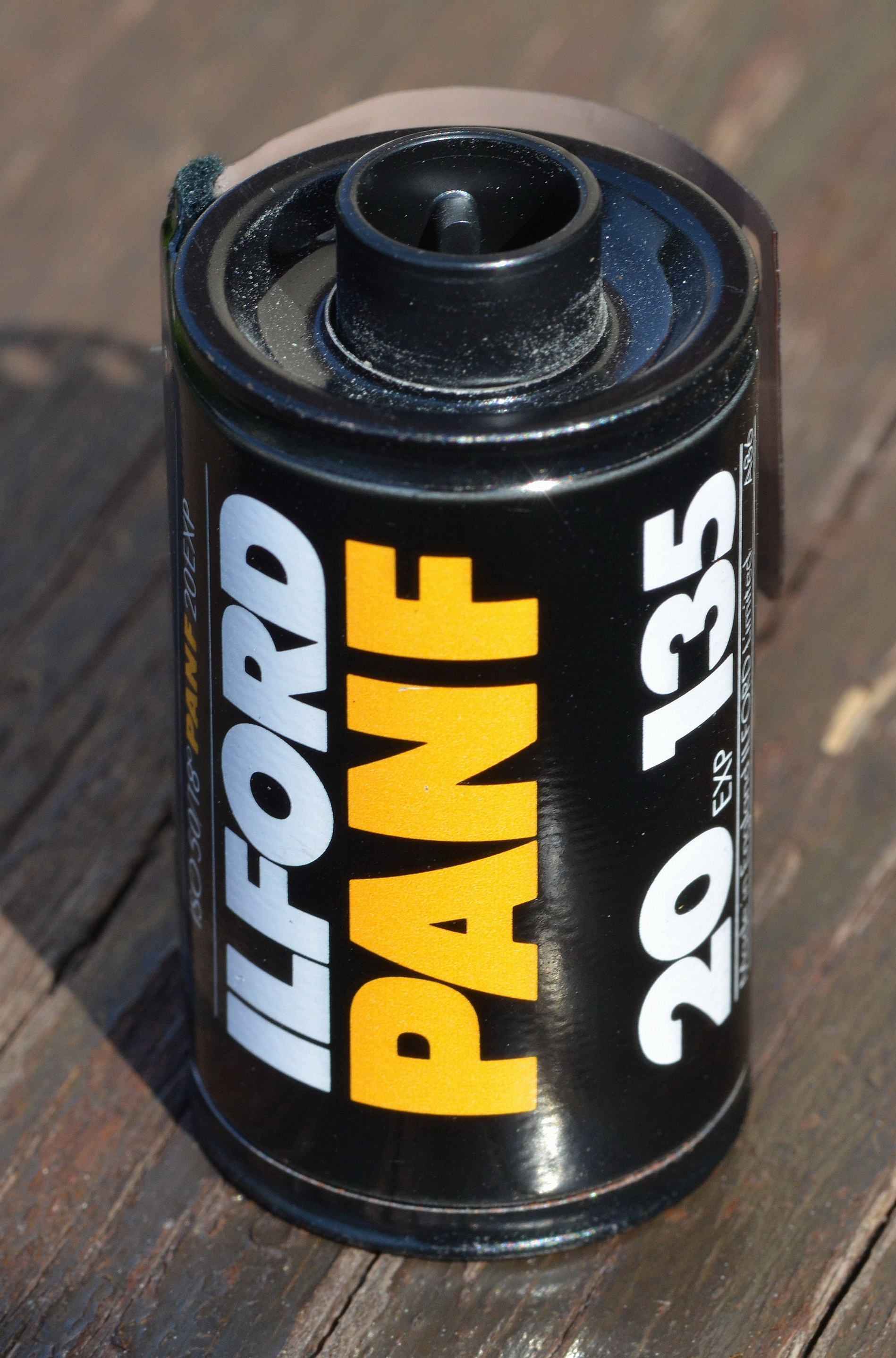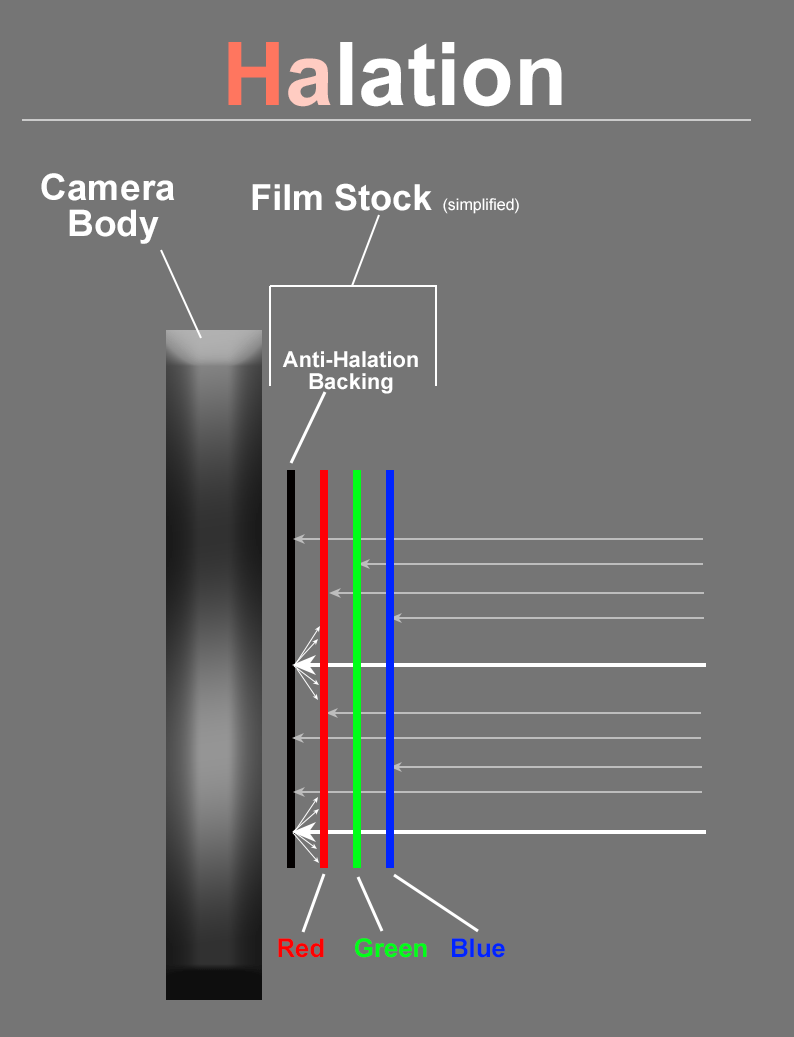|
List Of Photographic Films
This is a list of currently available photographic films in a still camera film format. This includes recently discontinued films that remain available from stock at main suppliers. Films are listed by brand name. Still camera photographic films no longer in production (or available) are included in the ''list of discontinued photographic films''. Films for movie making are included in the '' list of motion picture film stocks''. P - Polyester base; T- Triacetate base; SUC-27/39 - Single use camera with 27/39 exposures. ADOX The current rights to the historic ADOX name were obtained in 2003 by Fotoimpex of Berlin, Germany, a company founded in 1992 to import photographic films and papers from former east Europe. ADOX (Fotoimpex) subsequently established a film factory in Bad Sarrow outside Berlin to convert and package films, papers and chemicals. In February 2015 they acquired use of the former Ilford Imaging (Ciba Geigy) machine E, medium scale coating line at Marly, Switze ... [...More Info...] [...Related Items...] OR: [Wikipedia] [Google] [Baidu] |
Ilford Photo
Harman Technology, trading as Ilford Photo, is a UK-based manufacturer of photographic materials known worldwide for its ILFORD branded black-and-white film, papers and chemicals. Historically it also published the ''Ilford Manual of Photography'', a comprehensive manual of everything photographic, including the optics, physics and chemistry of photography, along with recipes for many developers. Under the ownership of the industrial conglomerate ICI in the 1960s, the company produced a range of Ilfochrome (Cibachrome) and Ilfocolor colour printing materials at a new plant in Switzerland developed in partnership with the Swiss company CIBA-Geigy, which later acquired ICIs shares. By the 2000s, as the UK - Swiss company Ilford Imaging, the decline of the film market saw the UK company in receivership by 2004, but rescued by a management buy out; Harman Technology Ltd, which today continues the production of traditional black-and-white photographic materials, under the ILFORD, ... [...More Info...] [...Related Items...] OR: [Wikipedia] [Google] [Baidu] |
Film
A film also called a movie, motion picture, moving picture, picture, photoplay or (slang) flick is a work of visual art that simulates experiences and otherwise communicates ideas, stories, perceptions, feelings, beauty, or atmosphere through the use of moving images. These images are generally accompanied by sound and, more rarely, other sensory stimulations. The word "cinema", short for cinematography, is often used to refer to filmmaking and the film industry, and to the art form that is the result of it. Recording and transmission of film The moving images of a film are created by photographing actual scenes with a motion-picture camera, by photographing drawings or miniature models using traditional animation techniques, by means of CGI and computer animation, or by a combination of some or all of these techniques, and other visual effects. Before the introduction of digital production, series of still images were recorded on a strip of chemically sens ... [...More Info...] [...Related Items...] OR: [Wikipedia] [Google] [Baidu] |
Reversal Film
In photography, reversal film or slide film is a type of photographic film that produces a positive image on a transparent base. Instead of negatives and prints, reversal film is processed to produce transparencies or diapositives (abbreviated as "diafilm" or "dia" in some languages like German or Hungarian). Reversal film is produced in various sizes, from 35 mm to roll film to 8×10 inch sheet film. A slide is a specially mounted individual transparency intended for projection onto a screen using a slide projector. This allows the photograph to be viewed by a large audience at once. The most common form is the 35 mm slide, with the image framed in a 2×2 inch cardboard or plastic mount. Some specialized labs produce photographic slides from digital camera images in formats such as JPEG, from computer-generated presentation graphics, and from a wide variety of physical source material such as fingerprints, microscopic sections, paper documents, astronomical i ... [...More Info...] [...Related Items...] OR: [Wikipedia] [Google] [Baidu] |
Panchromatic Film
Panchromatic emulsion is a type of black-and-white photographic emulsion that is sensitive to all wavelengths of visible light. Description A panchromatic emulsion renders a realistic reproduction of a scene as it appears to the human eye, although with no colors. Almost all modern photographic film is panchromatic. Some older types of film were orthochromatic and were not sensitive to certain wavelengths of light. As naturally prepared, a silver halide photographic emulsion is much more sensitive to blue and UV light than to green and red wavelengths. The German chemist Hermann W. Vogel found out how to extend the sensitivity into the green, and later the orange, by adding sensitising dyes to the emulsion. By the addition of erythrosine the emulsion could be made orthochromatic while some cyanine derivatives confer sensitivity to the whole visible spectrum making it panchromatic. However, his technique was not extended to achieve a fully panchromatic film until the early 1900 ... [...More Info...] [...Related Items...] OR: [Wikipedia] [Google] [Baidu] |
Hradec Králové
Hradec Králové (; german: Königgrätz) is a city of the Czech Republic. It has about 91,000 inhabitants. It is the capital of the Hradec Králové Region. The historic centre of Hradec Králové is well preserved and is protected by law as an urban monument reservation, the wider centre is protected as an urban monument zone. Administrative parts Hradec Králové is made up of 21 city parts: *Březhrad *Hradec Králové *Nový Hradec Králové *Kukleny *Malšova Lhota *Malšovice *Moravské Předměstí *Piletice *Plácky *Plačice *Plotiště nad Labem *Pouchov *Pražské Předměstí *Roudnička *Rusek *Slatina *Slezské Předměstí *Svinary *Svobodné Dvory *Třebeš *Věkoše Etymology The city was originally named Hradec, which is a diminutive of ''hrad'' (i.e. "castle"). Later, when it was owned by Bohemian queens, the Králové attribute (from ''král, královna'', i.e. "king, queen") was added. So the name literally means "queen's castle". Geography Hradec Kr ... [...More Info...] [...Related Items...] OR: [Wikipedia] [Google] [Baidu] |
Washi
is traditional Japanese paper. The term is used to describe paper that uses local fiber, processed by hand and made in the traditional manner. ''Washi'' is made using fibers from the inner bark of the gampi tree, the mitsumata shrub (''Edgeworthia chrysantha''), or the paper mulberry (''kōzo'') bush. As a Japanese craft, it is registered as a UNESCO intangible cultural heritage. ''Washi'' is generally tougher than ordinary paper made from wood pulp, and is used in many traditional arts. Origami, Shodō, and Ukiyo-e were all produced using ''washi''. ''Washi'' was also used to make various everyday goods like clothes, household goods, and toys, as well as vestments and ritual objects for Shinto priests and statues of Buddha. It was even used to make wreaths that were given to winners in the 1998 Winter Paralympics. ''Washi'' is also used to repair historically valuable cultural properties, paintings, and books at museums and libraries around the world, such as the Louvre a ... [...More Info...] [...Related Items...] OR: [Wikipedia] [Google] [Baidu] |
Saint-Nazaire
Saint-Nazaire (; ; Gallo: ''Saint-Nazère/Saint-Nazaer'') is a commune in the Loire-Atlantique department in western France, in traditional Brittany. The town has a major harbour on the right bank of the Loire estuary, near the Atlantic Ocean. The town is at the south of the second-largest swamp in France, called "la Brière". Given its location, Saint-Nazaire has a long tradition of fishing and shipbuilding. The Chantiers de l'Atlantique, one of the largest shipyards in the world, constructed notable ocean liners such as , , and the cruise ship , the largest passenger ship in the world until 2022. Saint-Nazaire was a small village until the Industrial Revolution but became a large town in the second half of the 19th century, thanks to the construction of railways and the growth of the seaport. Saint-Nazaire progressively replaced upstream Nantes as the main haven on the Loire estuary. As a major submarine base for the Kriegsmarine, Saint-Nazaire was subject to a successf ... [...More Info...] [...Related Items...] OR: [Wikipedia] [Google] [Baidu] |
Anti-halation Backing
An anti-halation backing is a layer found in many photographic films—and almost all film intended for motion picture cameras—usually a coating on the back of the film base, though it is sometimes incorporated between the light-sensitive emulsion and the base. Its purpose is to absorb light that passes through the emulsion, thus preventing any light from being reflected back through the emulsion from the rear surface of the base, or from anything behind the film, such as the pressure plate of the camera. This prevents a halo-like effect (halation) from forming around bright points or edges in the image. Still cameras, which handle less film and thus contend with less wear, typically hold their film in the gate with components painted or treated to be black, so reflections are less of an issue and few still films made use of anti-halation backings. The notable exception was Kodak's Kodachrome, which incorporated such a backing to aid with a very sensitive innermost layer. The ... [...More Info...] [...Related Items...] OR: [Wikipedia] [Google] [Baidu] |
C-41 Process
C-41 is a chromogenic color print film developing process introduced by Kodak in 1972, superseding the C-22 process. C-41, also known as CN-16 by Fuji, CNK-4 by Konica, and AP-70 by AGFA, is the most popular film process in use, with most photofinishing labs devoting at least one machine to this development process. Processed C-41 negatives, as with all color films, consist of an image formed of dye. Due to the long-term instability of dyes, C-41 negatives can fade or color-shift over time. This was a significant problem with early films; whether the newer films are archival or not is a subject of some debate. Film layers C-41 film consists of an acetate or polyester film base, onto which multiple emulsions are coated. Each layer is only sensitive to a certain color of visible light. In the classic illustrative example, there are three emulsions: one is red sensitive, another is green sensitive, and the top is blue-sensitive. Beneath the blue layer is a yellow filter, composed ... [...More Info...] [...Related Items...] OR: [Wikipedia] [Google] [Baidu] |
Eastman Kodak
The Eastman Kodak Company (referred to simply as Kodak ) is an American public company that produces various products related to its historic basis in analogue photography. The company is headquartered in Rochester, New York, and is incorporated in New Jersey. Kodak provides packaging, functional printing, graphic communications, and professional services for businesses around the world. Its main business segments are Print Systems, Enterprise Inkjet Systems, Micro 3D Printing and Packaging, Software and Solutions, and Consumer and Film. It is best known for photographic film products. Kodak was founded by George Eastman and Henry A. Strong on May 23, 1892. During most of the 20th century, Kodak held a dominant position in photographic film. The company's ubiquity was such that its " Kodak moment" tagline entered the common lexicon to describe a personal event that deserved to be recorded for posterity. Kodak began to struggle financially in the late 1990s, as a result of ... [...More Info...] [...Related Items...] OR: [Wikipedia] [Google] [Baidu] |
Cinestill
Cinestill Film (stylized as CineStill film) is a Los Angeles based selling film for analog cameras from repacked or respooled Kodak motion picture cinema film stock. The two brothers who founded the company started with hacking cameras and lenses, then moved on to selling film. CineStill started selling film in 2012, that were bought directly from Kodak and respooled into 35mm and 120 film cartridges. This collaborative approach to manufacturing reduces cost and increases profit margin while still allowing the company to operate at a very small scale. Color negative films For their color negative films, CineStill acquires Eastman Kodak motion picture cinema emulsions, allowing it to be developed with the C-41 process rather than the Eastman Color Negative process. Kodak converts the motion picture cinema film by eliminating the Remjet backing, a separate Anti-halation backing used to protect the film in motion picture cameras. Due to the removal of this anti-halation backing, ... [...More Info...] [...Related Items...] OR: [Wikipedia] [Google] [Baidu] |







